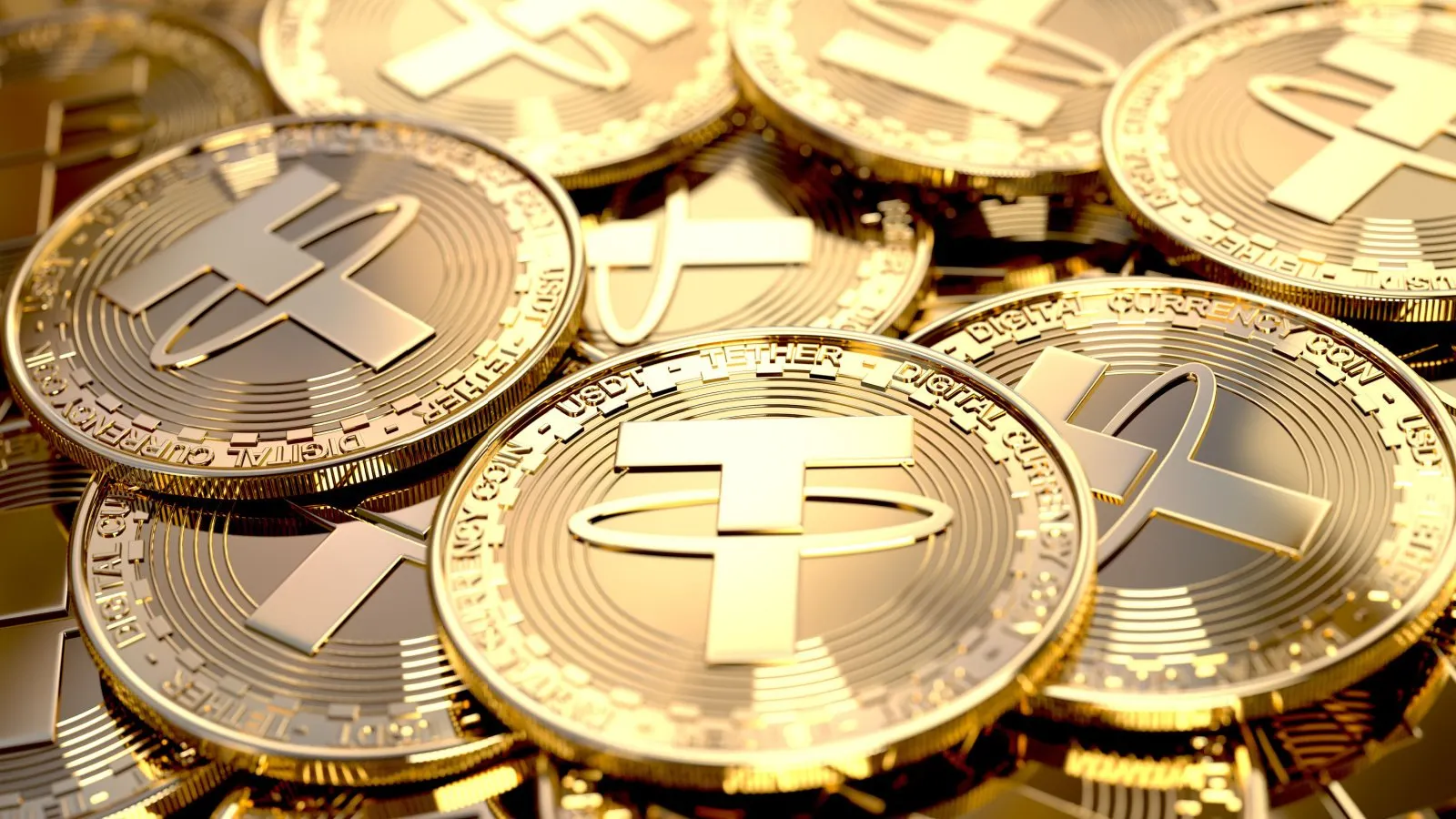Stablecoin issuer Tether's CEO has denied a newspaper report that claims the crypto company is being investigated by U.S. law enforcement.
In a Friday tweet, Tether CEO Paolo Ardoino said that there was "no indication" the firm was being investigated.
The Wall Street Journal reported Friday that the federal government was investigating Tether for possible violations of sanctions and anti-money-laundering rules, citing people familiar with the matter.
As we told to WSJ there is no indication that Tether is under investigation. WSJ is regurgitating old noise. Full stop.
— Paolo Ardoino 🤖🍐 (@paoloardoino) October 25, 2024
It further reported that prosecutors were looking at whether Tether had been used by third-parties to fund criminal activities such as drug trafficking.
"As we told to WSJ, there is no indication that Tether is under investigation," Ardoino wrote on Twitter (aka X).
He added: "WSJ is regurgitating old noise. Full stop."
“It is wildly irresponsible for WSJ to write articles with reckless allegations with such certainty when no authorities have gone on the record to confirm these rumors, and no sources are named," a Tether spokesperson told Decrypt. "These stories are based on pure rank speculation despite Tether confirming that it has no knowledge of any such investigations into the company. The article also carelessly glosses over Tether’s well-documented and extensive dealings with law enforcement to crack down on bad actors seeking to misuse Tether and other cryptocurrencies.”
Tether works to mint USDT—the third-largest cryptocurrency after Bitcoin and Ethereum and the biggest stablecoin. Stablecoins are cryptocurrencies backed by other assets, typically the U.S. dollar, which Tether is pegged to.
USDT has a market cap of $120 billion and is the most-traded cryptocurrency, with a 24-hour trading volume of $46.7 billion, according to CoinGecko.
The cryptocurrency is the backbone of the industry, as traders use it to enter quickly and exit trades without using a traditional bank or fiat currency.
But it is a controversial company, largely because of skepticism surrounding what backs its tokens: The company has not had its reserves independently audited by one of the Big Four accounting firms, though it frequently points to quarterly attestations and daily transparency reports as evidence of its standing.
Back in 2021, Tether agreed to no longer do business in New York after a two-year state attorney general investigation found that the firm had "made false statements about the backing" of its token.
WSJ previously reported that companies backing Tether used fake documents and shell companies to help its parent company get into the banking system. Tether vehemently denied the report.
Edited by Andrew Hayward
Editor's note: This story was updated after publication to include a comment from Tether.

